Transcranial Magnetic Stimulation
TMS (Transcranial Magnetic Stimulation) therapy is a non-invasive and FDA-approved treatment for various mental health conditions, including depression, anxiety, and obsessive-compulsive disorder (OCD). This innovative therapy uses magnetic fields to stimulate nerve cells in the brain, which can alleviate symptoms and improve overall well-being. uses strong, magnetic pulses distributed through a coil to regulate the neural activity of brain structures associated with depression.
Begin your healing journey with Transcranial Magnetic Stimulation (TMS) Therapy in Chicago. This cutting-edge, FDA-approved treatment offers hope for individuals struggling with treatment-resistant depression. As the latest breakthrough in mental health treatment, TMS Therapy is covered by most insurance plans and is a non-invasive procedure.
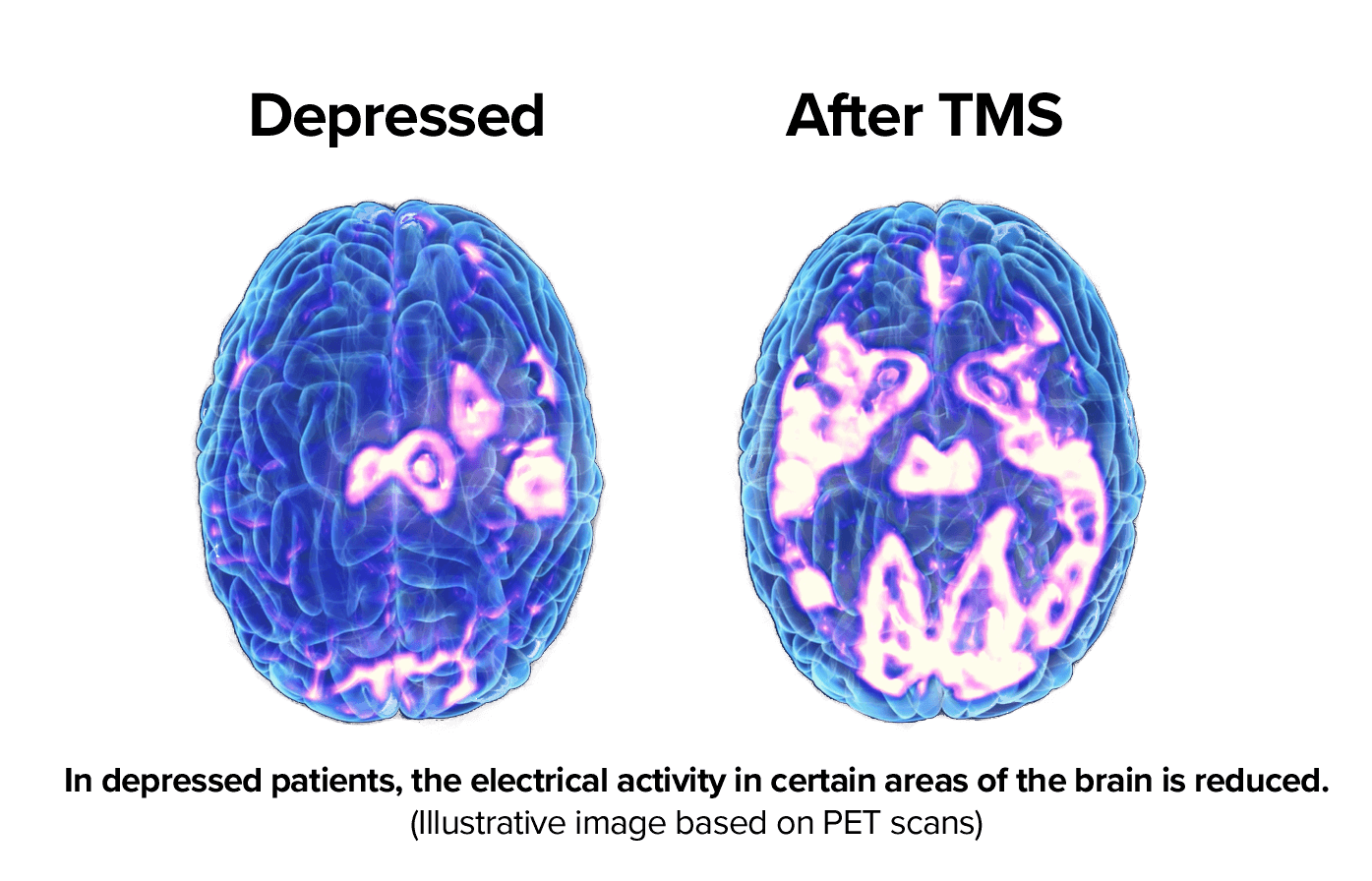
No Systemic Side Effects
While you may feel a slight sensation on top of your head during treatment, most patients adapt to the sensation within a session or two.
Medication Free
You do not have to start a new medication regimen during TMS; this treatment is especially effective for those struggling with medication-resistant depression.
21 Day Difference
An analysis of 1,753 patients showed that the average patient achieved a sustained response after just 16 sessions, or about 3 weeks of treatment.
The Proof is in the Numbers
Success Rate
of patients show a clinically meaningful response after completing a full course of TMS.
Remission Rate
of patients experience complete remission of their depression, meaning their symptoms went away.
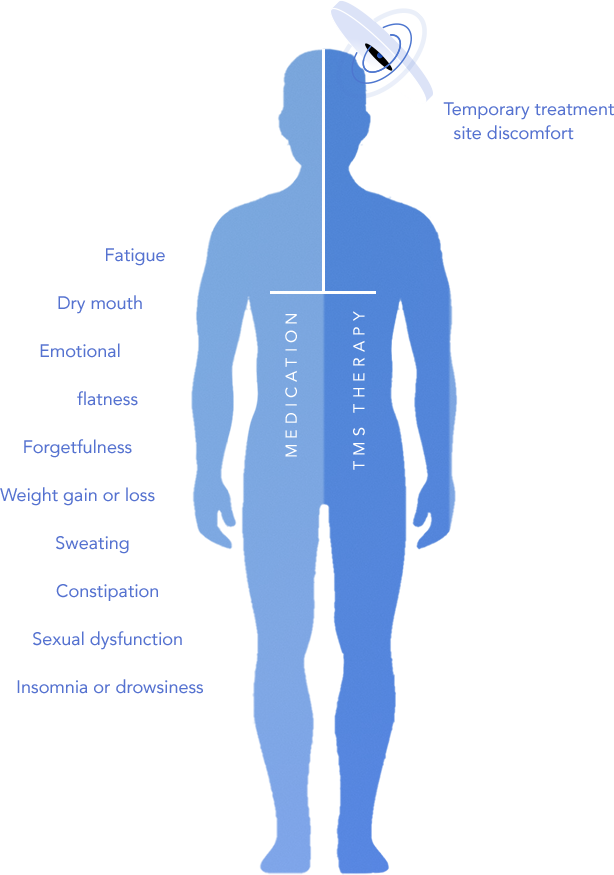
Minimal Side Effects
TMS is a well-tolerated treatment with virtually no side effects commonly associated with medication.
Why? TMS targets depression at the source. Medications taken orally typically have to pass through the blood-brain barrier, leading to side effects like gastrointestinal problems, insomnia, or weight gain.
The only side effect to expect during your course is slight discomfort at the treatment site and in rare cases, headache. This is typically resolved after the first few treatments as your brain acclimates to the pressure.
How to Prepare for TMS Therapy
Schedule
Duration: 5 Minutes
Call the office or fill out this form for an evaluation and to request a consultation.
Meet
Duration: 30 Minutes
During your consultation, we'll talk through your medical history and symptoms. If TMS is recommended, you'll receive a personalized treatment plan, with insurance authorization discussed before starting treatment.
Map
Duration: 45 Minutes
During your first session, we determine device position and tailor intensity to ensure the most effective treatment for you. This process is known as "mapping".
Treat
Duration: 20 Minutes
Relax during treatment. After each session, you'll be able to resume your daily routine immediately.
It's not you, it's the brain.
Depression is caused by a lack of sufficient activity in the left dorsolateral prefrontal cortex, essentially the front left part of your brain. TMS works to target that affected area of the brain through magnetic pulses to regulate mood, improve cognition, and selective attention.

TMS is a cutting edge, non-invasive treatment that activates areas of the brain to improve function, benefiting mood and thinking. At Brain Health Chicago by CNS, we are proud to treat a variety of conditions ranging from depression to fibromyalgia.
Current medical literature indicates the benefits of TMS use for stroke recovery, fibromyalgia, and mild cognitive impairment. While it is considered to be investigational, Dr. Cohen proudly offers such services to his patients to achieve results when other therapies fail. This non-invasive therapy may also benefit people struggling with anxiety disorders, bipolar disorder, and Parkinson’s disease.
Investigational use of TMS is not covered by health insurance, but at Chicago Neurological Services, Dr. Cohen and his team offer a self-pay rate for TMS that is consistent with the Medicare fee schedule.
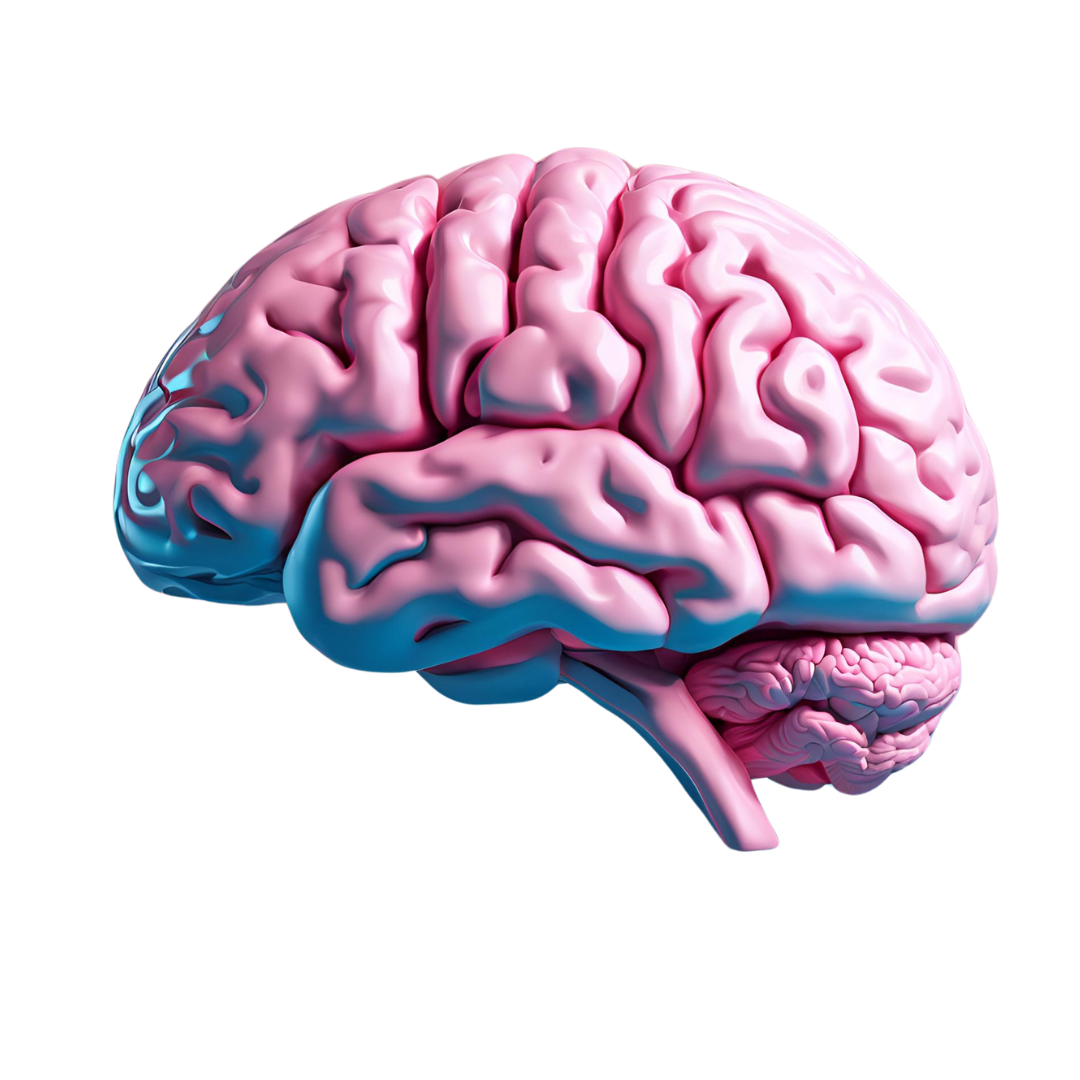
Ready to get started?
Easy Treatment
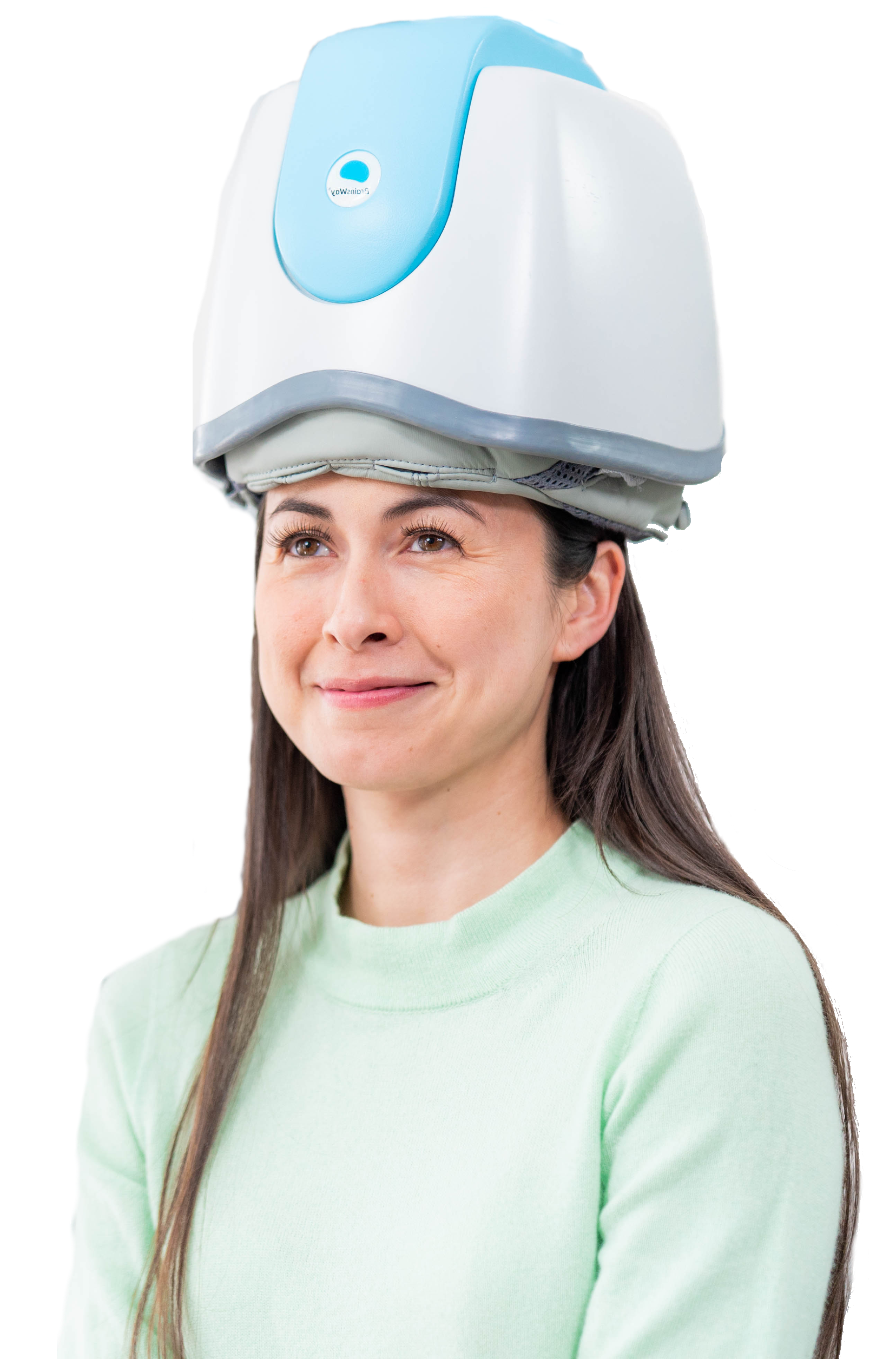
The patient is comfortably seated in a chair, and a cushioned helmet placed over the head generates brief magnetic fields.
Fits in Your Schedule

Sessions are about 20 minutes and you can drive to and from your appointments. The full course covered by insurance usually takes about 6-8 weeks to complete.
Covered by Insurance

All major payers cover TMS treatment for Depression. If you've tried multiple antidepressants and therapy, there's a good chance your insurance covers it.
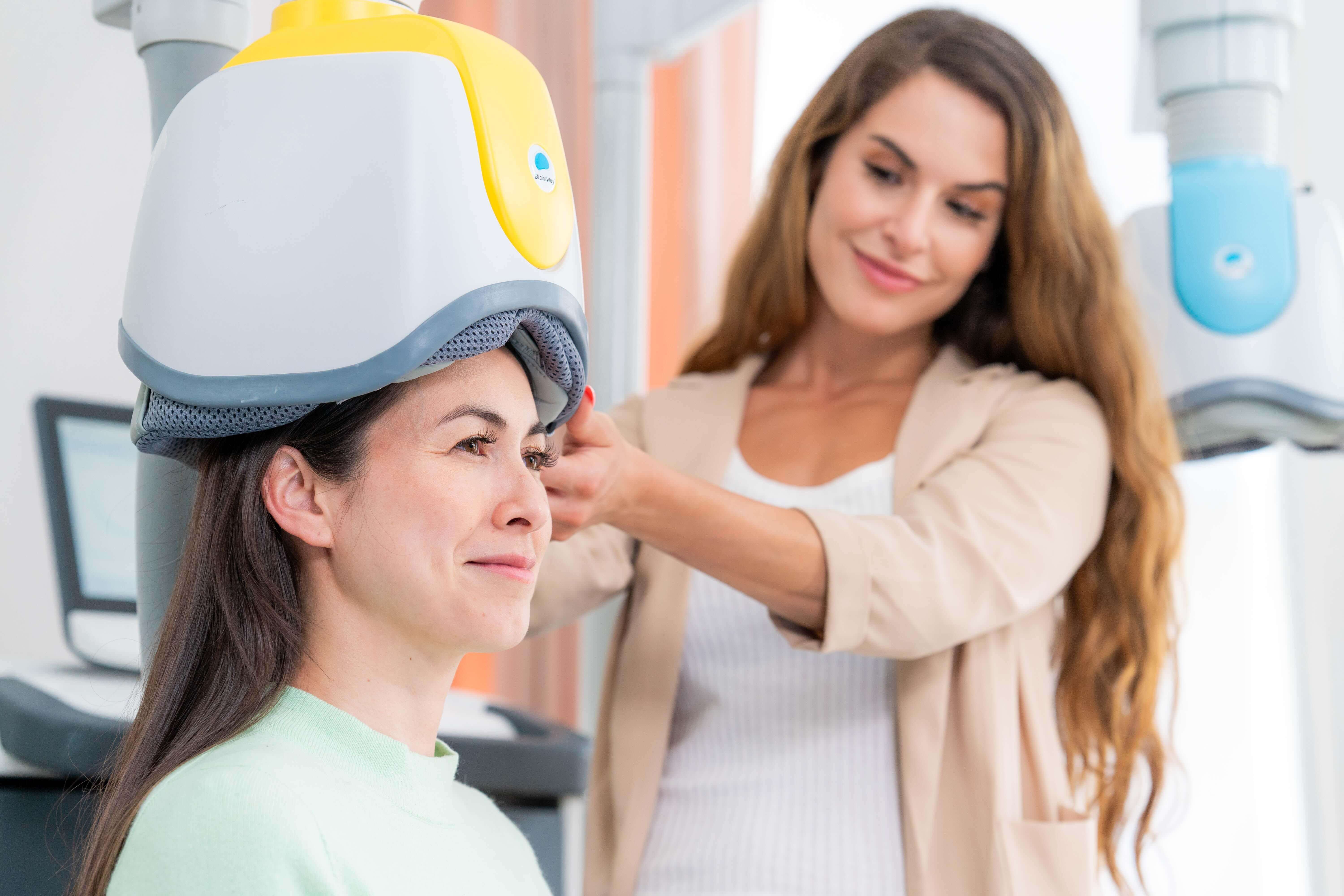
Theta-Burst Stimulation (TBS)
As opposed to other forms of TMS, both Deep TMS and TBS rely on a helmet, rather than a handheld device. This specialized helmet and coil increases the treatment's efficacy by reaching wider areas of the brain, further stimulating deeper areas of the brain directly.
The use of a helmet also prevents any targeting issues that may arise with traditional TMS systems, which may miss a sought after brain structure.
A key advantage of TBS is the duration of sessions compared to it's counterparts. Traditional TMS and Deep TMS will take upwards of 20 minutes per session, compared to TBS, which offers protocol that takes no more than 3 minutes. This allows multiple sessions to be performed daily reducing the number of office visits and making your recovery effective and efficient.
Patient Testimonials

Matthew
"Dr. Cohen is on time, attentive and inquisitive about your concerns. I never felt rushed, nor did I have to repeat myself."

Denine
"Dr Cohen was caring, knowledgeable and thorough and got straight to the medical and non medical issues at hand. He also went the extra mile in making sure I received the services outside of his practice in which I was entitled as a patient and client."

Alicia
"Great doctor. Came highly recommended by my primary care. He really listens. And checks everything. Very caring. And his treatment eliminates the pain. AND his wonderful staff that looks at emails and texts and gets you in as needed with pain level."
See how TMS impacted Greg's quality of life after 20 sessions
Greg and his son came to Dr. Cohen to see what type of treatments were available for Greg's underlying condition. As an intermittent treatment, Dr. Cohen suggested Transcranial Magnetic Stimulation.
"Dr. Cohen does not give up. After every session, every appointment we've had there's been a new treatment, new idea to pursue, and a new avenue to explore. Even if it [the treatment] doesn't yield a high level of results there is always some level of improvement or maintaining a level of quality of life that wasn't there before."
Covered by major insurance including

Hours
Mon: 9am - 6pm
Tues: 9am - 6pm
Wed: 9am - 6pm
Thurs: 9am - 6pm
Fri: 9am - 6pm
Sat/Sun: by appointment



